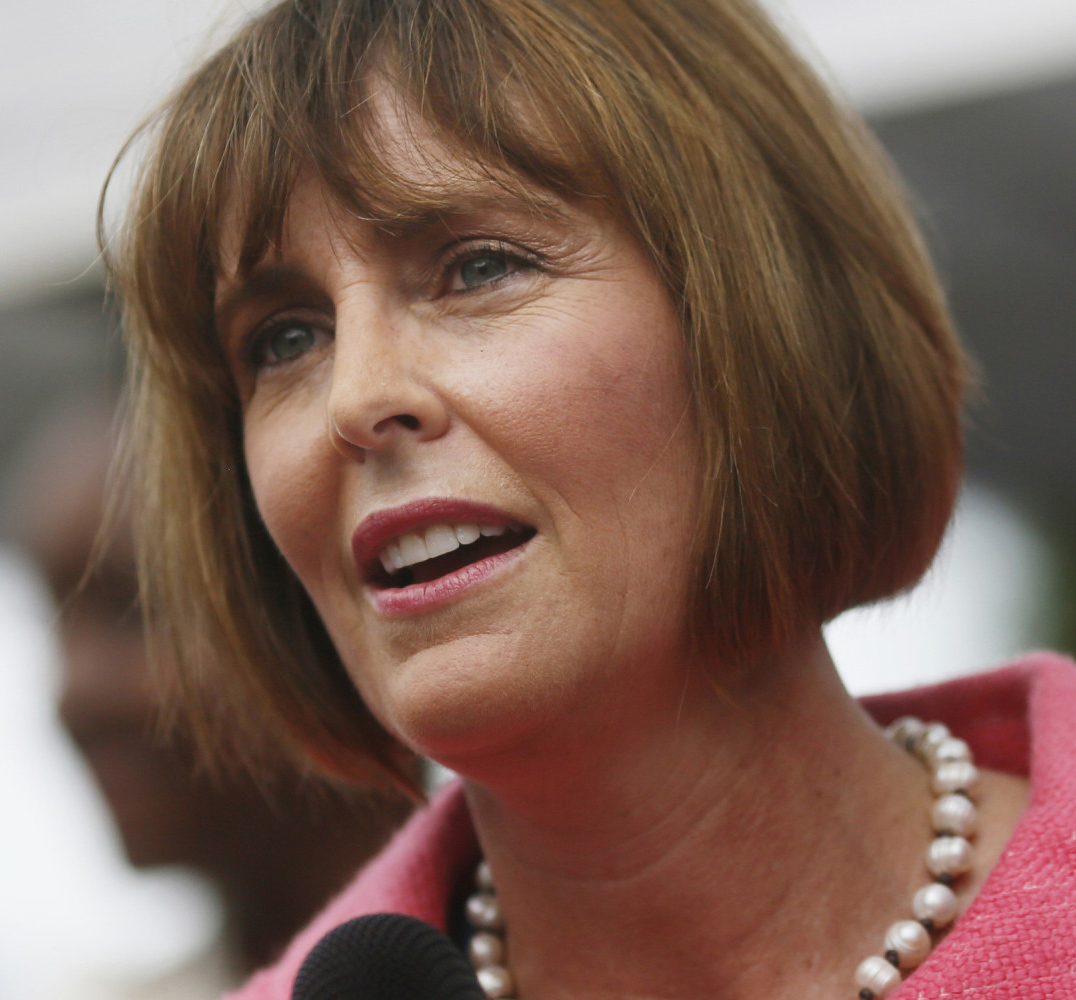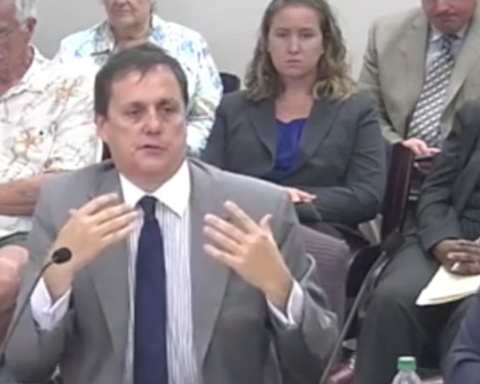Florida will be short nearly 7,000 doctors by 2025 if more residency programs are not created throughout the state to keep up with demand, according to a study commissioned by the Florida Safety Net Hospital Alliance and the Teaching Hospital Council last month.
Physicians trained in psychiatry, general surgery, rheumatology, cancer treatment and thoracic surgery will likely be in the shortest supply, the study found.
In response to the growing doctor shortage in Florida and the rest of the country, Tampa area Democratic U.S. Rep. Kathy Castor and Nevada Republican U.S. Rep. Joe Heck have filed the bipartisan Creating Access to Residency Education (CARE) Act to boost the number of resident physicians through creative partnerships with health providers.
“While Florida’s medical schools are graduating more doctors, there are not enough doctors training in our hospitals and clinics,” Castor said. “Doctors most often practice where they train, not where they attend medical school. Florida needs more residency slots, otherwise the state will pay to educate but will not retain the next generation of doctors.”
Teaching hospitals in states like Florida are forced to use their low residency numbers calculated nearly 20 years ago for the Balanced Budget Act. Many of these states have seen a huge population boom since that time and are training doctors to meet their health-care demands, but losing them to states with more slots and smaller populations. Florida has nine medical schools.
“Addressing doctor shortages in states like Nevada and Florida is one of our most critical public health challenges,” said U.S. Rep. Joe Heck, also a physician. “We know physicians are significantly more likely to stay and practice medicine where they complete their residency program. Therefore, increasing federal grant opportunities so states can expand current residency programs or create new ones will help under-served states train and retain new doctors. I look forward to working with Congresswoman Castor to move this important bill forward to increase access to healthcare and improve public health.”
The CARE Act aims to create a $25 million CMS grant program that would allow hospitals in states with a low ratio of medical residents to apply for matching funds to support increases in graduate medical (GME) training slots. Instead of calling for more funding from Medicare to address the shortage of medical training slots, the CARE Act is focused on creating local partnerships and buy-in.
According to a 2013 study by the Association of American Medical Colleges, Florida had 19 residents in GME training per 100,000 residents, which was below the national averages of 36.6 residents per 100,000. Plus, the same organization concluded that Florida averages a higher number of physicians who are 60 years and older, indicating that many will retire over the next few years.
“Increasing these training slots also makes economic sense for Florida,” Castor said. “Studies show that medical residents tend to practice in the state where they completed their GME training than where they went to medical school.”









